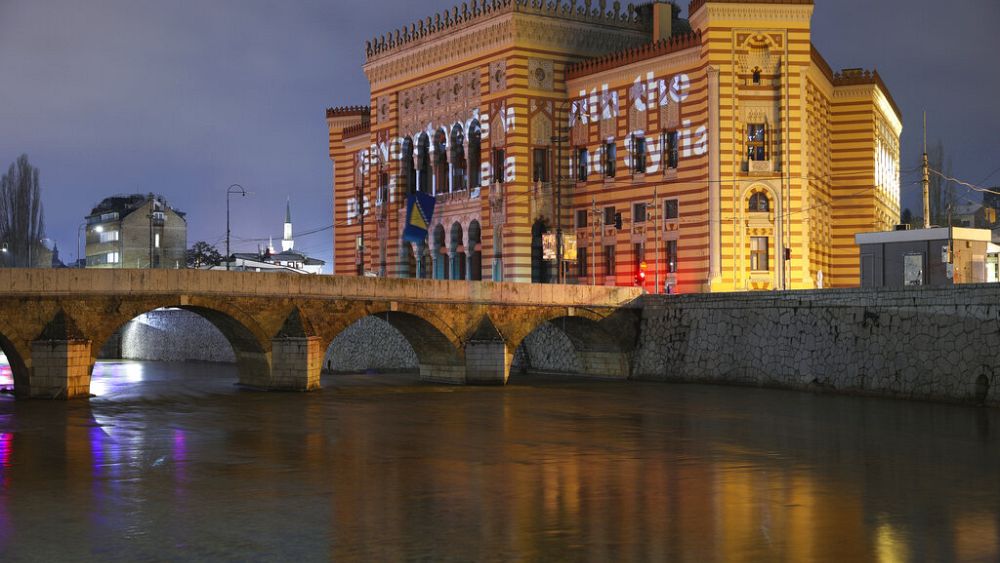
Politicians in Republika Srpska reject the Constitutional Court of Bosnia and Herzegovina sparking fears of regional political crisis
Republika Srpska was formed out of the violent dissolution of Yugoslavia and comprises two separate entities, linked by the neutral district of Brcko in the north.
The regions were agreed as part the 1995 Dayton Agreement to end the three-and-a-half-year-long Bosnian War and to ensure Bosnian Serbs did not control continuous areas within Bosnia and Herzegovina which bordered Serbia.
But the move has increased political tension.
President of Republika Srpska, Milorad Dodik, said: “We are here for the complete cleansing of Bosnia and Herzegovina from any foreign influence, not only from false High representatives and foreigners in the Constitutional Court, but also from the US ambassador who interferes in the internal affairs of Bosnia and Herzegovina.”
The new law means anyone who does not carry out the decisions of the Constitutional Court will be legally protected.
It follows criticism by leaders in Republika Srpska of the composition of the Constitutional Court of Bosnia and Herzegovina on which they only have two judges and less power than the other seven. Three judges are foreign and are chosen by the European Court of Human Rights.
Members of the Parliamentary Assembly of Bosnia and Herzegovina believe Milorad Dodik is suggesting foreigners still have influence in the Constitutional Court even though the Dayton Agreement said such judges should only be present for five years.
However the move may breach elements of the 1995 Dayton peace Agreement.
Vlado Adamović, a former judge of the Court of Bosnia and Herzegovina, explained the possible consequences.
“After passing the law, Srpska will protect its citizens if they decide not to respect the constitution,” he said.
“I asked publicly whether this also includes armed protection because Srpska has an armed force through the police – and that means war!”
Member of the Bosnia and Herzegovina Parliamentary Assembly, Predrag Kojović added: “This is about the criminal act of sedition, legal secession and an attack on the Dayton Agreement.”
Senior officials from Bosnia and Herzegovina have linked the situation in Srpska to Serbia’s refusal to acknowledge Kosovo as an independent state.
Serbia does not recognize Kosovo as an independent state and continues to claim it as the Autonomous Province of Kosovo and Metohija.
Bosnia and Herzegovina’s minister of foreign affairs, Elmedin Konaković, said: “Dodik may be trying to make it easier or harder for (Aleksandar) Vučić, I’m still not sure what is actually happening there.
“They’re linking the question of the territorial integrity of Serbia and the question of Kosovo as a final solution.”
Many political actors believe the poor economic situation in the Republic of Serbia is behind the rhetoric of Milorad Dodik.
The last salaries in the public sector were several days late and were eventually paid without pension contributions.
Republika Srpska also needs to return more than €500 million borrowed from various financial institutions by the end of the year.
On top of all that, tax collection has fallen.